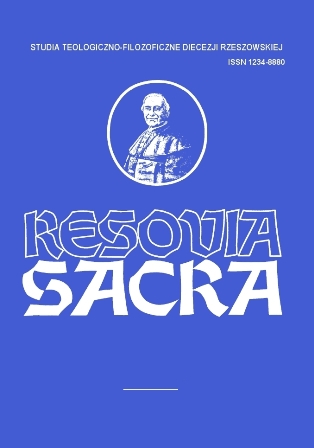
We kindly inform you that, as long as the subject affiliation of our 300.000+ articles is in progress, you might get unsufficient or no results on your third level or second level search. In this case, please broaden your search criteria.

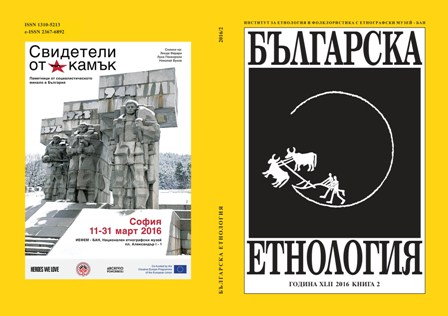
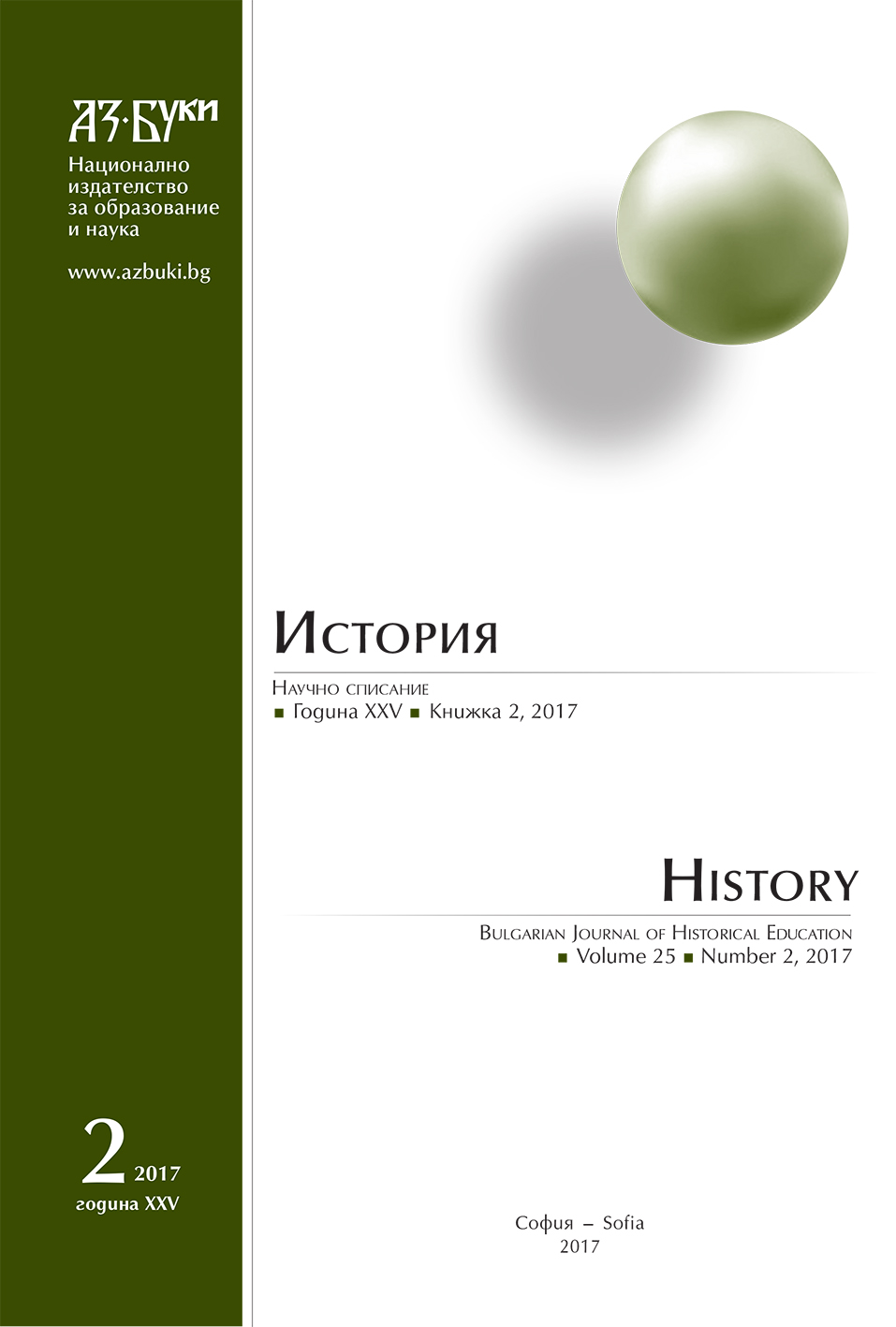
The Migration of Muslims to Western Europe attains significance after the World War II, because in this part of the old continent workers are badly needed for the development of industries of Western European countries. After 1945 till the beginning of XXI century there were five waves of Migration of Muslims to Western Europe. Although the politics of Western countries has some peculiarities towards the Muslims, the end results of this policy builds up parallel communities within the societies of these countries. These parallel communities hinder the integration of Muslims. At the religion the Muslims find a rallying point and the religion serves as a base for creation of Identity. Gradually the Muslims become a political factor because their number increased constantly. On surface arise the question about the integration or disintegration of Muslims. This question is at the center of the political or scientific discussion.
More...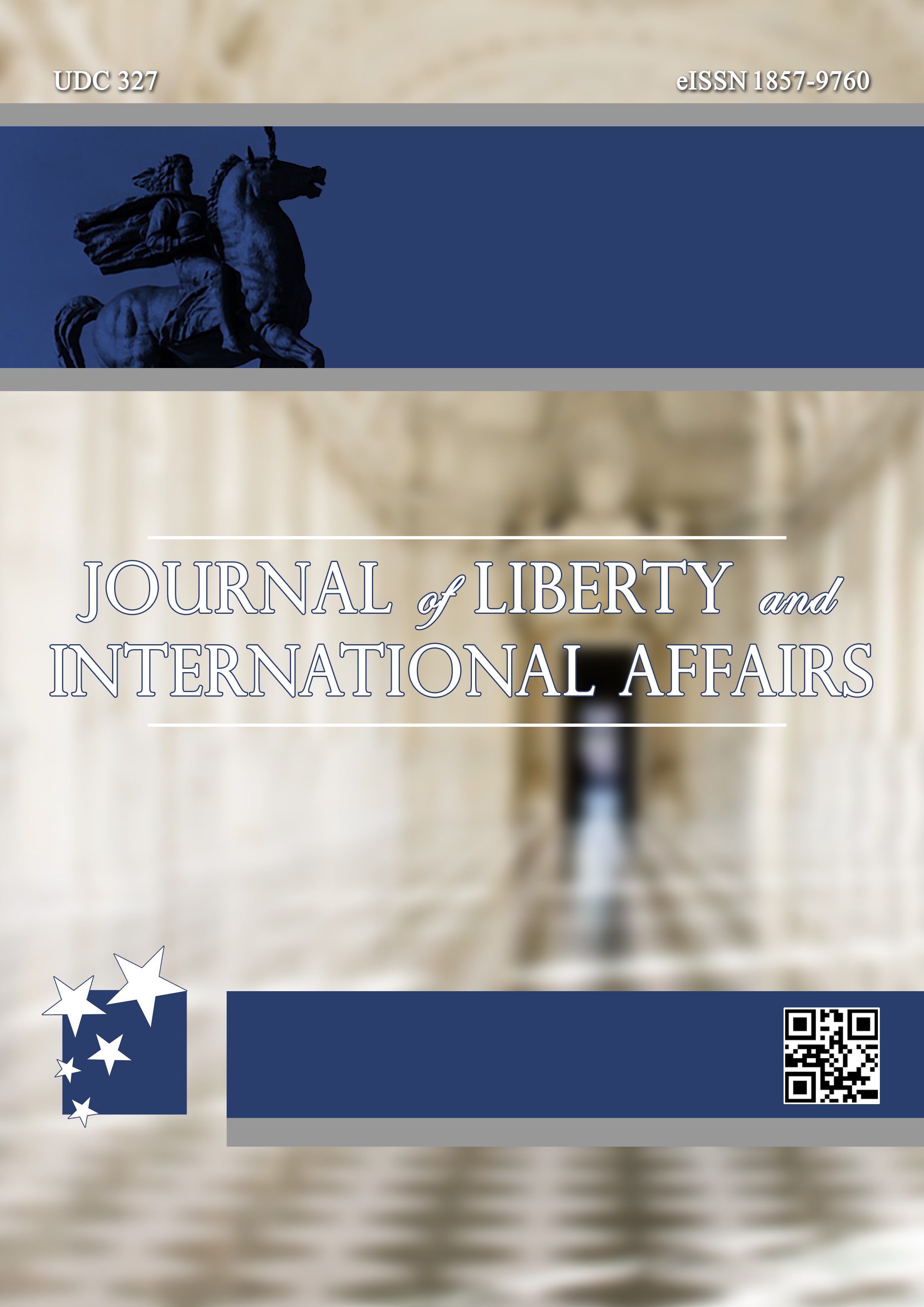
One of the essential postulates of political orientation and determination for the building of stable societies and a functioning political system in its content recognizes and imposes the need to examine the relation of relevant political actors to constitutionalism and human rights as concepts and preoccupations for any modern society. Also, constitutionalism and human rights and freedoms as its inseparable category manifest the political values and the corpus of essential and common political goals and commitments of a particular political community. Political Islam as an ideological political subject has its own sources and a valuable orientation framework through which prisms and perceptions can be interpreted or extracted by individual axiological determinants to certain issues. This paper analyzes exactly the relations of political Islam with constitutionalism and human rights, and similarly to the so-called framework it draws attention to the concepts of power, the mechanisms of control and compliance with the Sharia regulations. At the same time, the importance of human rights and freedoms in the Islamic narrative, their nature and scope, as well as the differences with the western established documents in this area are emphasized and analyzed.
More...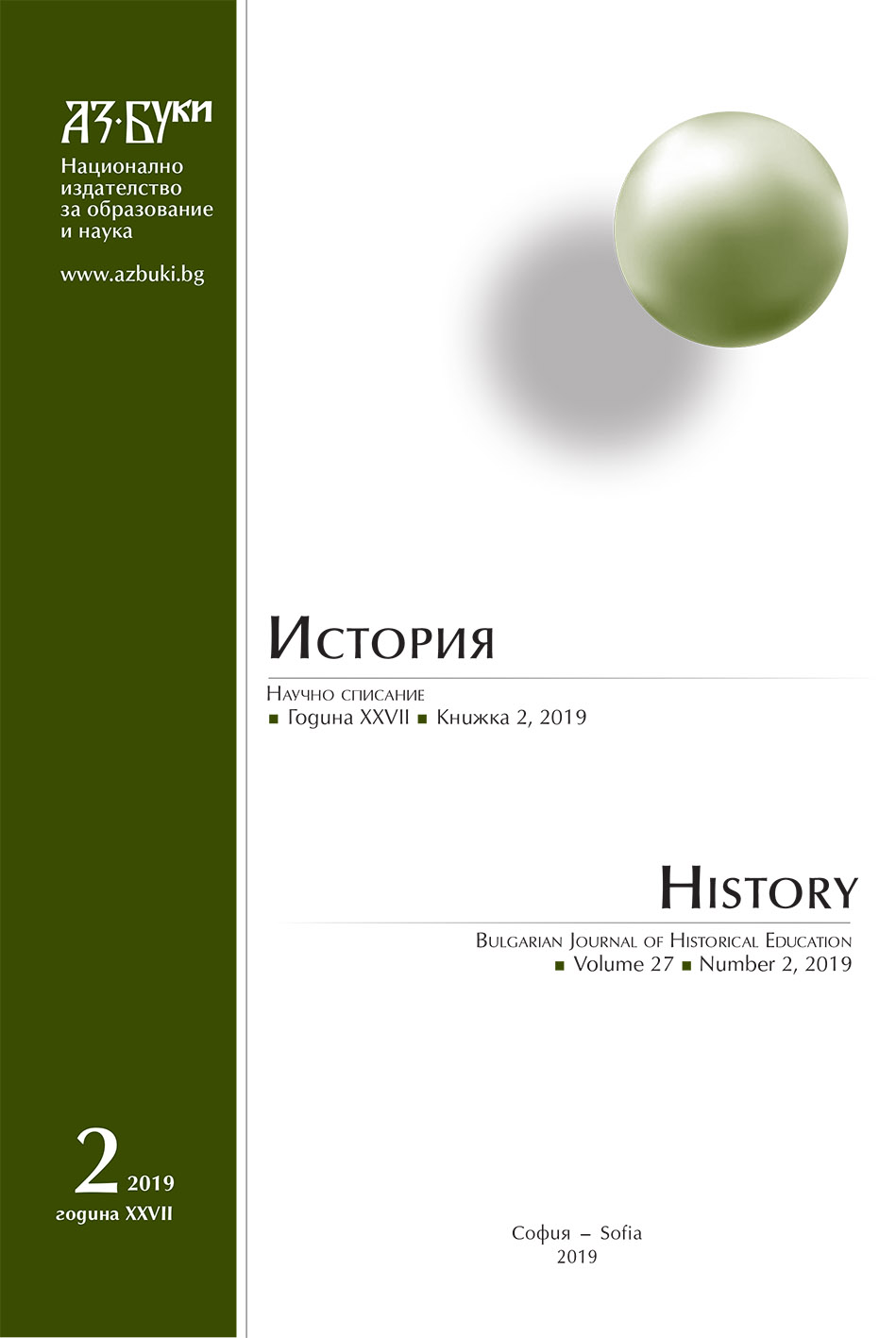
The medieval prisons are part of the Islamic governing system as in the Near East as in the Magreb. The sources about their organization and working methods are rare and straggling. Whatever, medieval Islamic prisons deserve an attention because they are connected with the general institutional environment in the Islamic lands. This article surveys the Islamic prisons in Sicily in the period 9th-11th century. It begins with a review of the emergence of the first Islamic prisons. This information serves as both forming initial impressions and a basis of the subsequent analysis. An important contribution of the article is the collected information from different by language, type and time historical sources. Their careful readings, coupled with a compare analysis, allow us to draw conclusions about the characteristics and location of the medieval Sicilian prisons. Comparison with the prisons in the other Islamic lands over the same historical period shows us common features. This makes it possible to conclude that the penal institutions on the island follow and work on a well-established model.
More...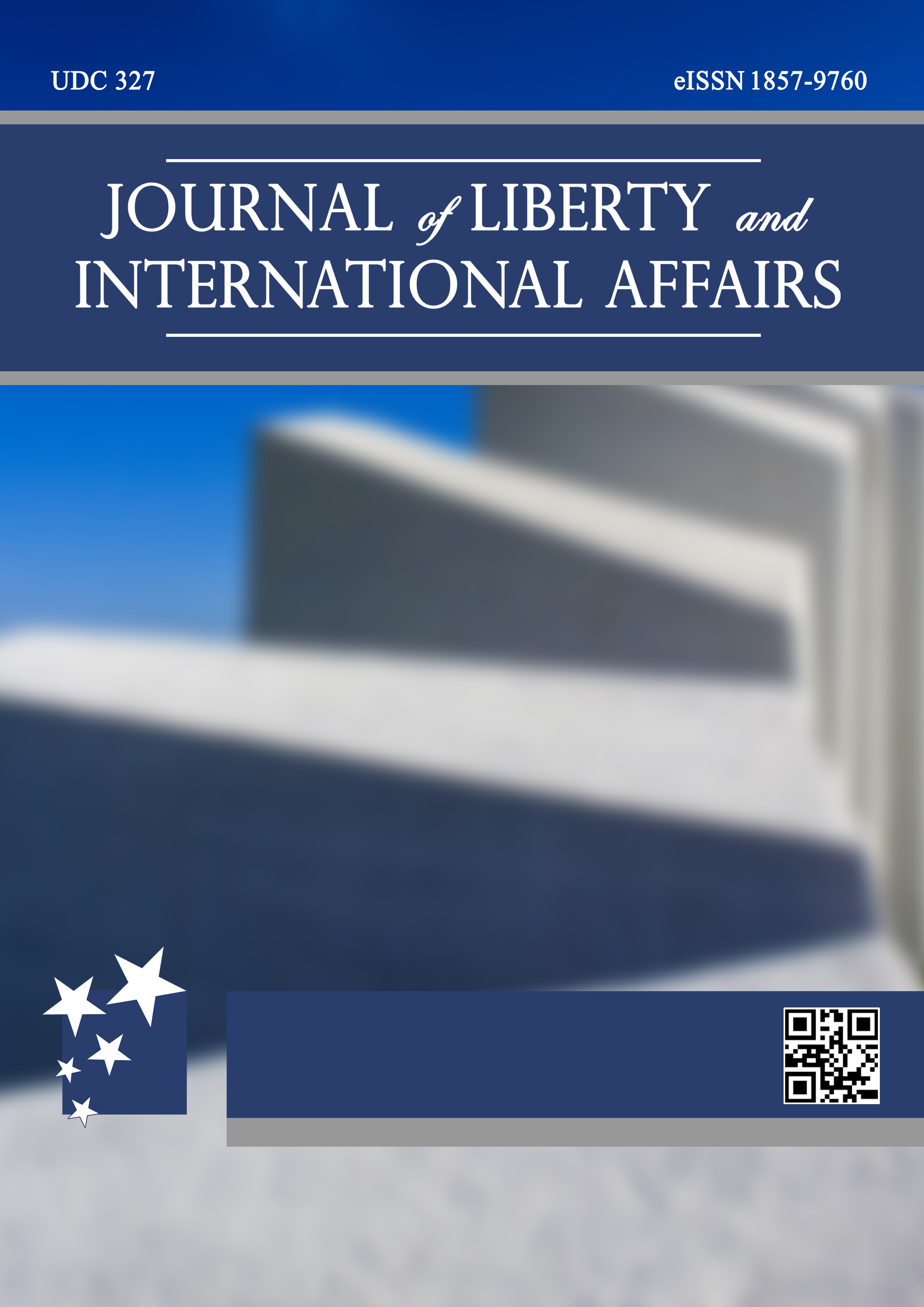
The question of the correlation between Islam, political Islam and liberal democracy has so far been the most exposed topic in exploring the democratic capacity of political Islam and Islamic societies in general. What is particularly intriguing about the relationship between political Islam and liberal democracy is the fact of its westernized triviality that has received a pejorative tone in Islamic political circles. Simplified, the triviality of liberal democracy for the Islamic political campus implies imposing a model of democracy that cannot be fully compatible with the original Muslim notion of society and government. Hence, the following paper analyzes exactly the relations of political Islam to specific inherent categories of liberal democracy such as the rule of law, representative government, the separation of powers and secularism as diferenta specifica of liberal western democratic discourse. Through the methods of induction and deduction, the author will illustrate how appropriate tangent or divergence is illustrated and how this is reflected in the general ideological positioning of political Islam towards liberal democracy in Muslim countries through an axiological and praxeological perspective.
More...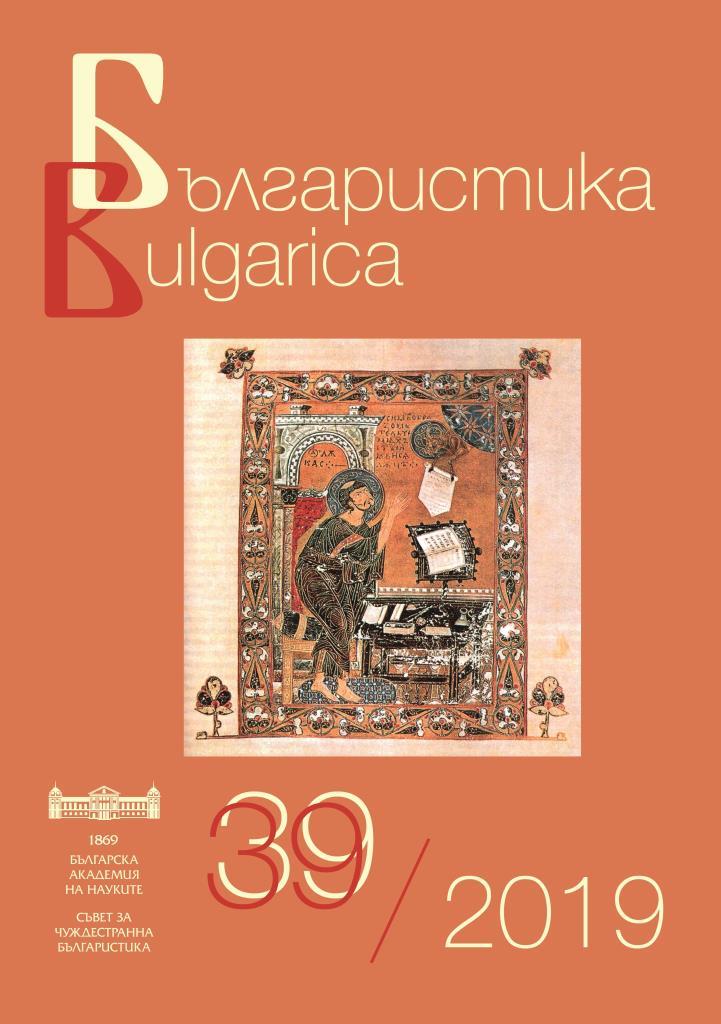
Selected bibliography in the field of Bulgarian Studies published in the current year.
More...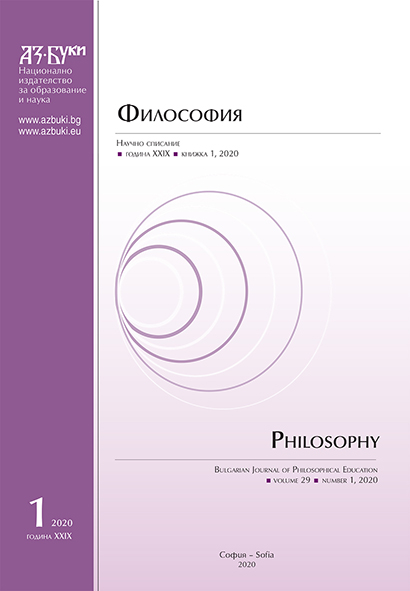
. Since early times, Muslims have speculated on the nature of Revelation and the Divine Speech. This has resulted in Muslim scholars developing divergent approaches to this problem. With the constitution of the orthodoxy, the former school became dominant and it postulated that the Quran is the Word of God dictated to Prophet Muhammad through the angel Jabrail. However, during the last decades in Iran emerged scholars, such as Abdulkarim Soroush, who proposed new approaches to understanding and interpreting Revelation. This paper discusses the hermeneutical project put forward by Soroush by discussing his article on the “Expansion of Prophetic Experience”. In this article, the author argues that his modern hermeneutics is radically different from orthodox theology and problematizes that the idea that the Quran as a human creation brings about other implications outside theology, such as for instance opening the Muslim thought and liberating it from scriptural readings.
More...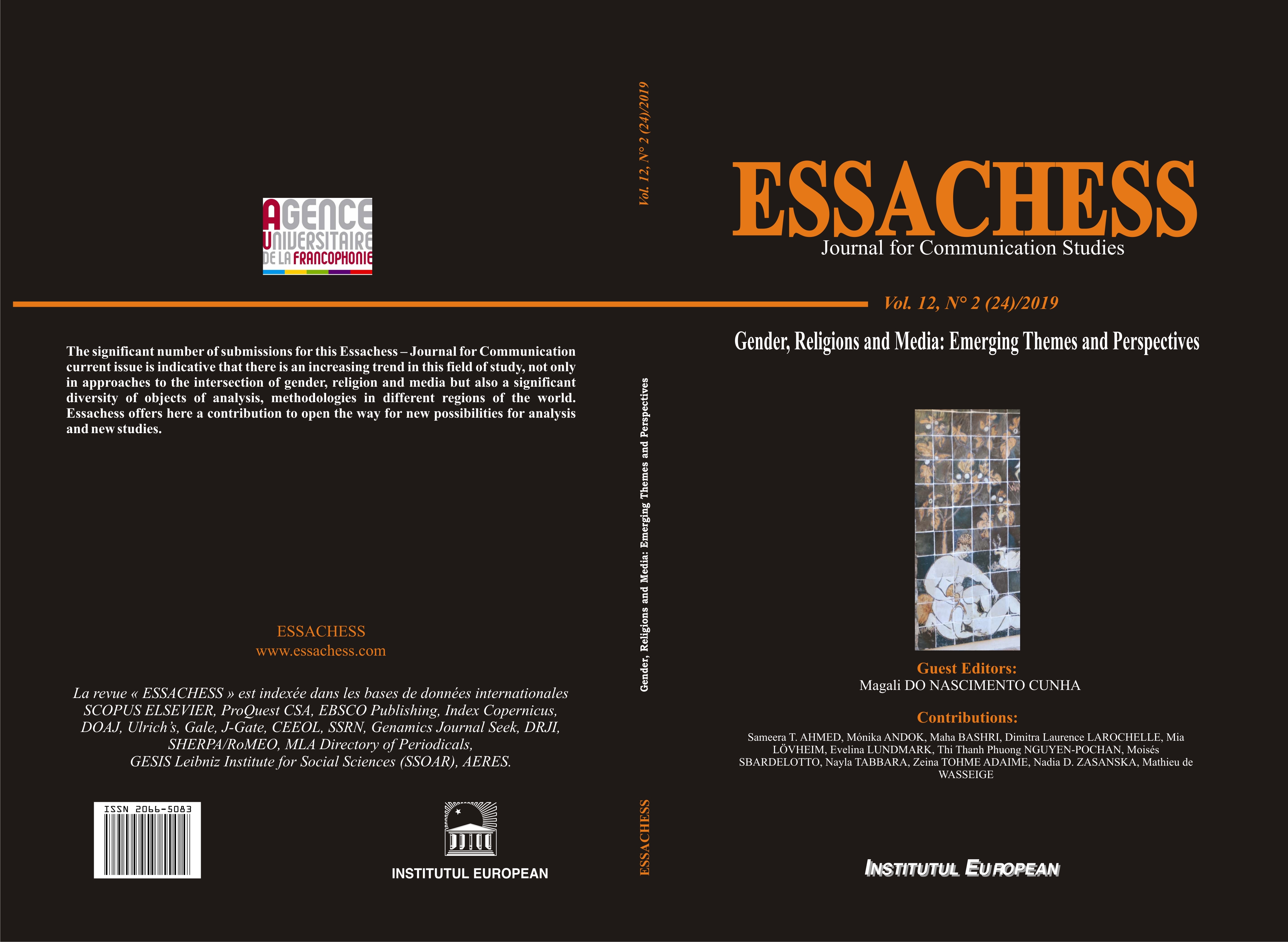
In order to expand their economy and exports and attract foreign investments, tourists and talents, governments are increasingly adopting nation branding strategies as part of their public diplomacy to promote their image and build their reputation on the international scene. Some Arab countries, mainly countries from the Gulf region, have massively invested in branding strategies to raise their profile and build their image abroad. However, Arab countries face negative images related to, among others, gender equality and women’s rights. This paper tries to highlight the impact of gender gap on nation branding, image and reputation building of three Arabic countries: United Arab Emirates (UAE), Qatar and Saudi Arabia (KSA) and the importance of including this dimension when nations are addressing their image and reputation.
More...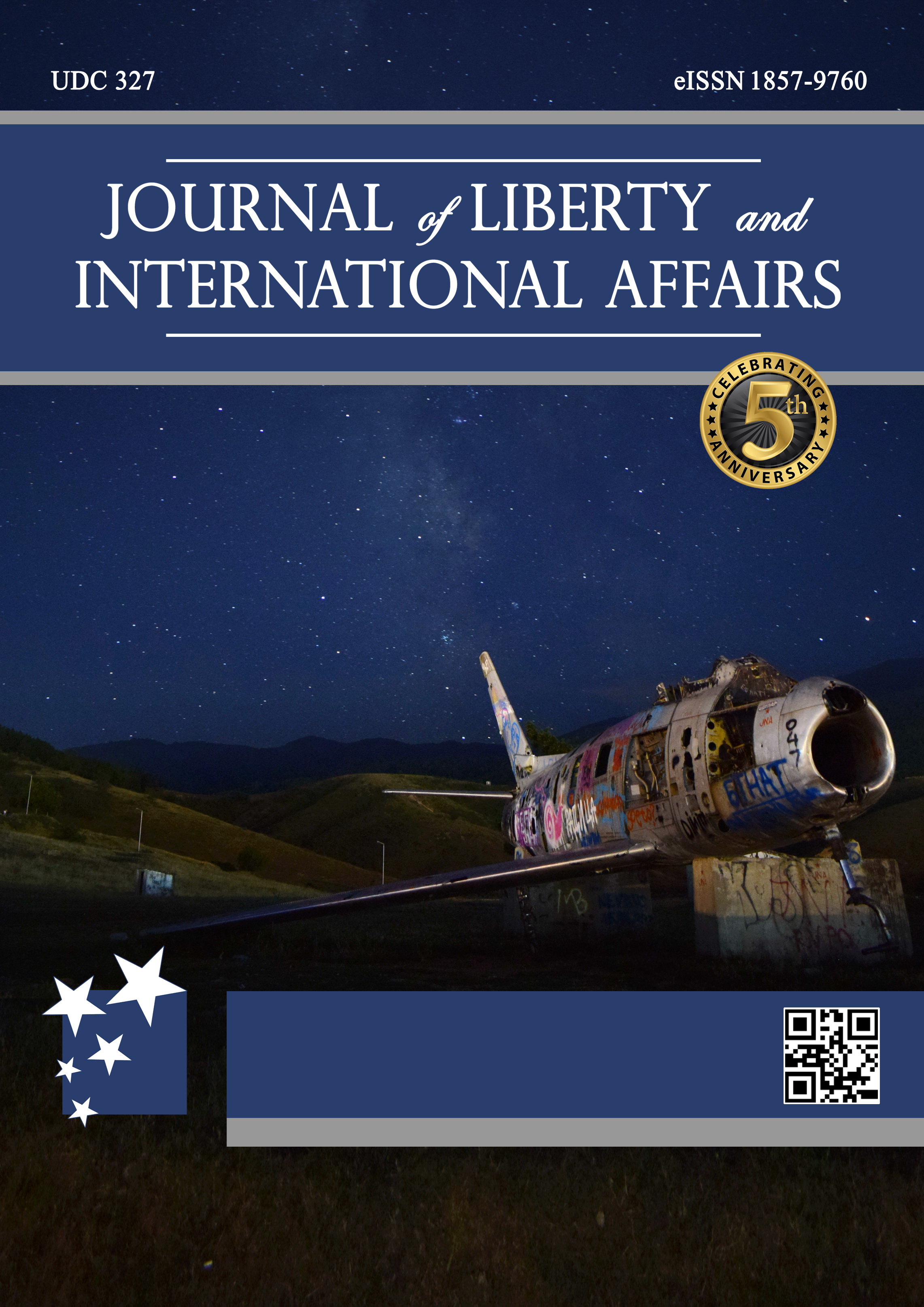
The gender-based violence in recent times has become an integral part of the on-going Boko Haram Insurgency in North-East Nigeria. Since the full-scale declaration of combat between the Nigerian state and the insurgent group, the asymmetrical tactics of the group have been evolving, based on its capabilities. The recent spike in the targeted raid and attack on female schools, markets, and female institutions purposely for abduction and kidnapping of women and girls indicated this assertion. Due to the depletion of its fighters and loss of territories, there is a surge in mass deployment of ‘women and young girls’ as material instruments of warfare: fighters, suicide bombers, human shields, bargaining tools, sex slaves, informants, and so on. This article appraises the gender push-pull factors responsible, motivation behind the current behavior, and proffers some policy guidance.
More...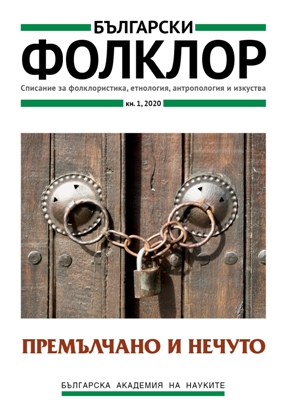
The türbe of Elmalı baba in the village of Bivolyane is probably the most visited by the Heterodox Muslim Turks place of pilgrimage in Eastern Rhodopi Mountains in Bulgaria. Nevertheless, there is no information about a narrative dedicated to the worship of the saints there. Most probably the reason for that is connected to two traumatic events: the closing of the türbe by Sultan Mahmud II in 1826 and the forceful change of the names of the Turks in Bulgaria in 1984–1985. The article offers a hypothesis explaining the existence of an extremely rare co-presence of six (considered male) and one (worshiped as female) graves, which have appeared in the period between these two traumatic moments.
More...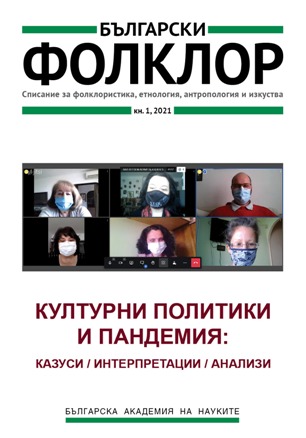
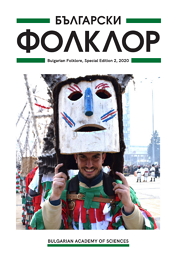
The article studies the role of the musician in Alevi-Bektashi culture in the region of Kardzhali, Southern Bulgaria. The musician in that culture performs simultaneously religious, social and artistic roles. He is a figure whose qualities allow the researcher to associate him with the cultural type of the epic musician. His non-professional but specialized activity is presented from an insider’s viewpoint detailing the specific characteristics of that activity, the approaches applied in the process of training in it, through the qualitative evaluation of the musicians and the differences in their performance manners. The author presents the biographical trajectory and the performance style of a contemporary young Bektashi musician from the region in order to depict his portrait. The interaction between his outstanding talent and his strong religious devotion define his complex development as a musician and a member of the Heterodox Muslim community.
More...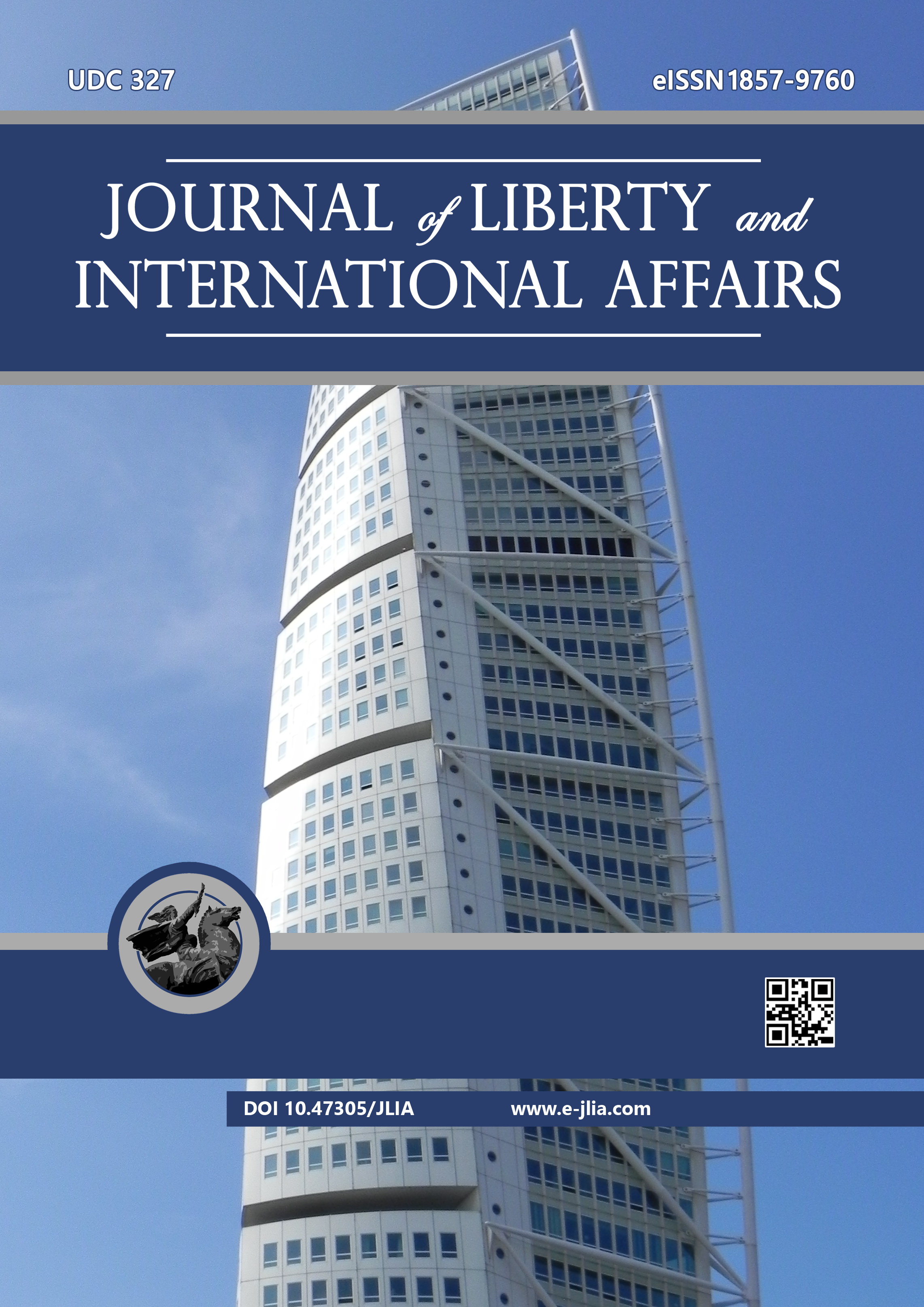
This study examines the normative hypothesis explaining the nexus between terrorism and Abrahamic religious tradition, particularly the Boko Haram Islamic fundamentalist sect in North-Eastern Nigeria. It is methodologically structured in quantitative and qualitative methods, where data and information are retrieved from primary and secondary sources. These were presented in a tabular form and analyzed descriptively within the context of the subject matter under investigation. The findings reveal that, beyond the classical arguments usually provided by the Abrahamic religious tradition school, the real reason behind global terrorism is for some overzealous religious bigots to establish a caliphate that will enable them to influence the international system. Based on these findings, the study concluded that the war against global terrorism would be a mirage unless national governments and international organizations fully address these fundamental issues.
More...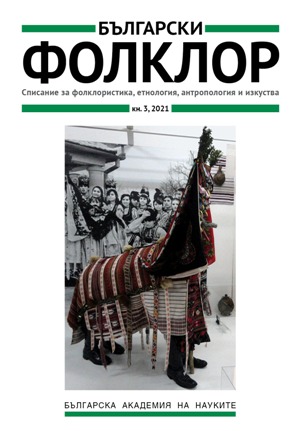
This contribution explores the music performance during the reading of a barely known and insufficiently studied life of the Prophet Muhammad, İpsala'lı Ebu'l-Hayr Mevlidi, better known as Mustafa Mevlidi. That life is used in the Mevlid rituals in the region of Krumovgrad and in some villages near the town of Haskovo. In order to present in fullness the specific local characteristics of the music connected to religious practice in the studied region, the author describes in detail the peculiarities of the music in the cami practice. The main characteristics of the ritual are delineated: its structure, the occasions on which it takes place, and the way of performing it. In the course of analysis of the musical material, which has been recorded in the region of Krumovgrad, the author also adds musical examples from the Mevlid ritual among Sunni Turks from other parts of Bulgaria. The main fieldwork material utilized in the study has been personally collected by the author between 2010 and 2021.
More...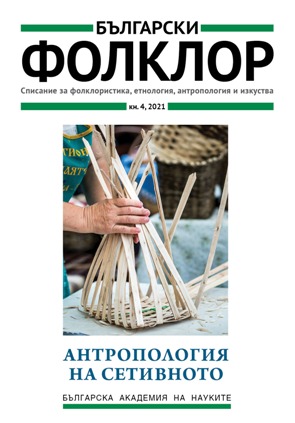
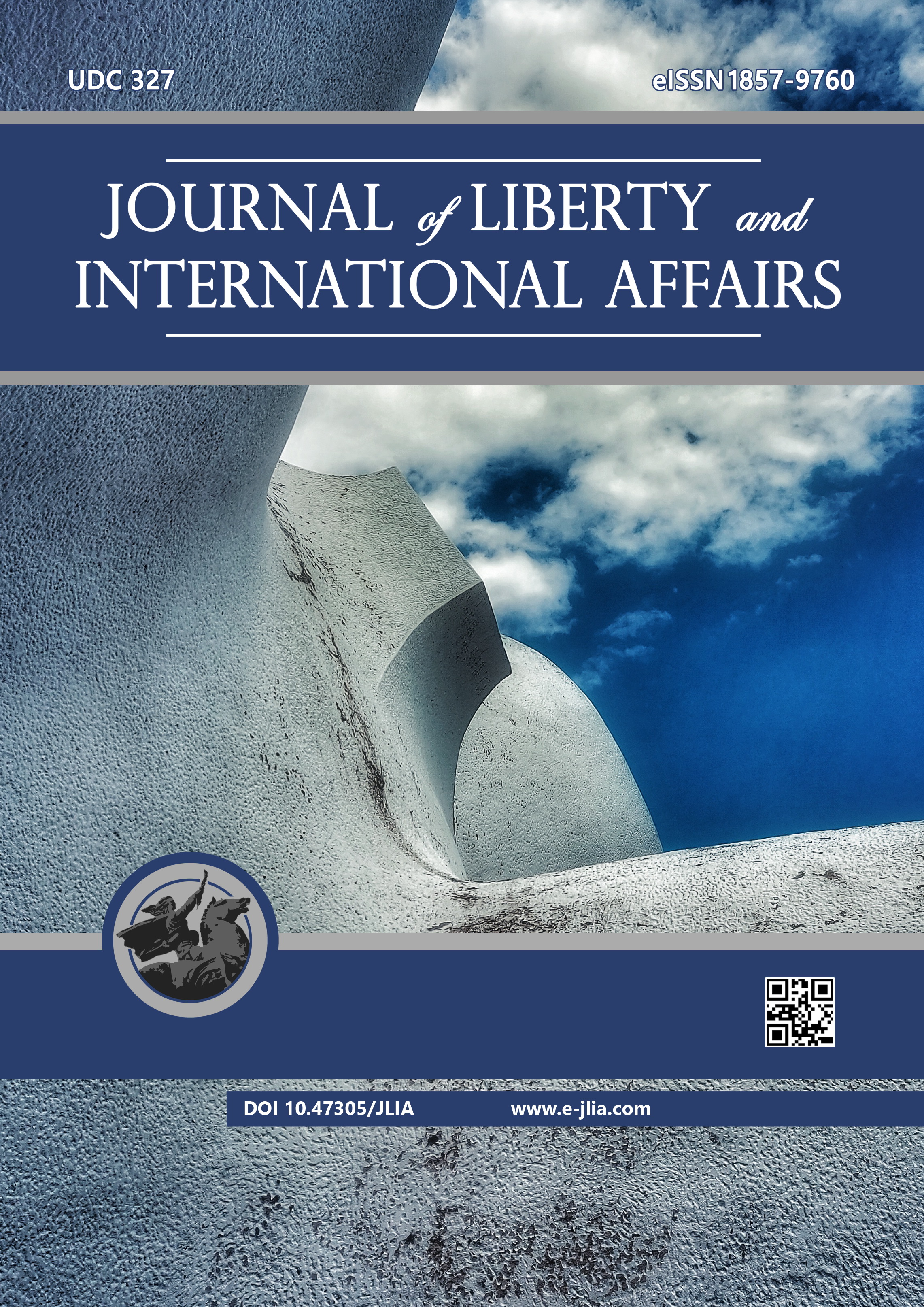
Migration has remarkably influenced the development of civilization and the establishment of cultural borders throughout history. In the case of Nigeria, one of the negative impacts of migration has been the violent seizure of ancestral lands by the
More...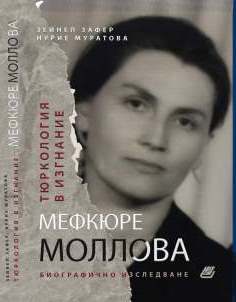
Mefküre Mollova was the first Turkish woman and university professor in Bulgaria, who defended her Ph.D. thesis in the field of turkology and gained international fame for her research. She is the author of over 150 publications in prestigious international journals that continue to be cited today. Mefküre Mollova was among the founders of the Turkish Philology at the University of Sofia. She had worked for only about 7 years (1953-1961), when she and her husband were dismissed from their academic positions on false claims, and the Department was closed. She remained outside the academia until the end of her life.
More...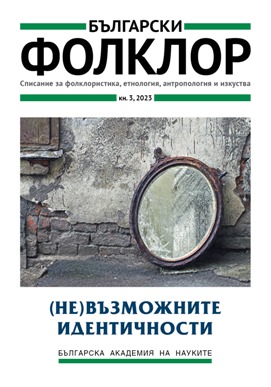
The article examines the funeral and memorial rites in the village of Breznitsa, Gocedelchev region. The specific local manifestations of the practices studied are presented in comparison with those of the other Muslim communities. Various elements of this rite are described both as prescriptions in the Koran and the Hadiths, and as the narrative tradition of the Bulgarian Muslims. The analysis of the connections between written and oral traditions shows the presence of an untransformed, ancient layer which continues to exist in parallel with the precepts of traditional Sunni Islam, characteristic of Ottoman culture. The field data used is gathered by the author in the period 2021–2023.
More...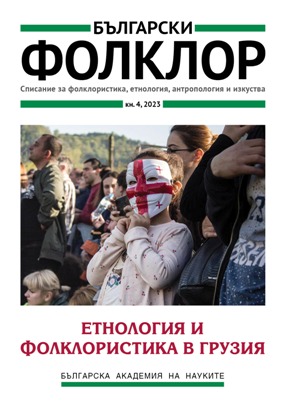
The article introduces to the late medieval romance in verse Vepkhistq’aosani by Shota Rustaveli – the central artefact in Georgian cultural self-awareness and the top item of ‘high’ Georgian cultural export. It briefly presents its narrative content, indicating the correlation of two plot-lines (initially through enframing, after some point though horizontal interlacing). It briefly introduces to the main fluctuations and 20th-century tendency in translating the work’s title, interpreting the fluctuations as indicative of aesthetic differences, and the tendency as an indication of the ‘cultural market’ success of the Soviet-Georgian (in its ideological and aesthetical basis –a Stalinist and socialist-realist) image of Rustaveli’s masterpiece. It presents two influential to dominant claims of Georgian Rustvelology – that the work is a poema (and not a novel/romance) and that it displays, at least partially, Renaissance outlook and poetics, – considering these claims as tools (1) of Soviet “Culture Two” to allot a proper place to Georgian nation within the alternative modernity of the USSR and its premodern background-under-construction, and (2) of Soviet-Georgian cultural nationalism to define a usable past in post-Soviet conditions; and (3) as beliefs. It revitalises the option to contextualise the work of Rustaveli (and, indirectly, Georgian cultural identity) in non-Eurocentric terms, providing some factographic and theoretic clues from the field of macrohistory (J. Abu-Lughod et al.) and a methodological one from sociology of arts (P. Bourdieu).
More...